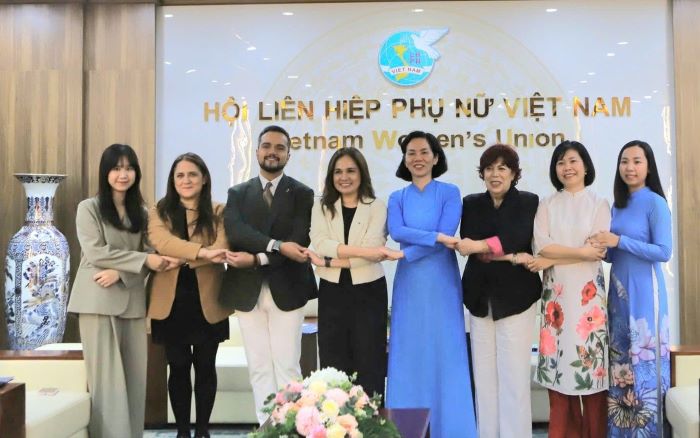Theme of World AIDS Day 2009 launched
The theme has been chosen to address the critical need to protect human rights and attain access for all to HIV prevention, treatment, care and support. It also acts as a call to countries to remove laws that discriminate against people living with HIV, women and marginalized groups.
Countries are also urged to realize the many commitments they made to protect human rights in the Declaration of Commitment on HIV/AIDS in 2001 and the Political Declaration on HIV/AIDS in 2006.
"Achieving universal access to prevention, treatment, care and support is an imperative human right. It is essential that the global response to the AIDS epidemic is grounded in human rights and that discrimination and punitive laws against those most affected by HIV are removed,” Michel Sidibé Executive Director of UNAIDS said ahead of the announcement at the UN in New York.
Many countries still have laws and policies that impede access to HIV services and criminalize those most vulnerable to HIV. These include laws that criminalize men who have sex with men, trangendered people and lesbians; laws that criminalize sex workers; and laws criminalizing people who use drugs and the harm reduction measures and substitution therapy they need.
Some 84 countries have reported that they have laws and policies that act as obstacles to effective HIV prevention, treatment, care and support for vulnerable populations.
“The epidemic has not gone away, tens of millions of people are still affected, but those hit the hardest, the poor and marginalised in society, often don’t have a say when big decisions and laws are made. Their fundamental right to essential health care and life free from fear, stigma and discrimination must be strengthened,” the World AIDS Campaign Executive Director Marcel van Soest spoke from
Governments continue to pass and enforce overly-broad laws that criminalize the transmission of HIV which are in direct contradiction to their commitments to “promote…. a social and legal environment that is supportive of safe and voluntary disclosure of HIV status.”
Some 59 countries still have laws that restrict the entry, stay and residence of people living with HIV based on their positive HIV status only, discriminating against them in their freedom of movement and right to work.
At the same time, laws and regulations protecting people with HIV from discrimination and women from gender inequality and sexual violence are not fully implemented or enforced.
“The Human Rights theme is about us, about communities, about people like you and me and our governments making a commitment to honour and respect the dignity of the vulnerable and to those already living with HIV,” Allyson Leacock, Chairperson of the organization, added.







